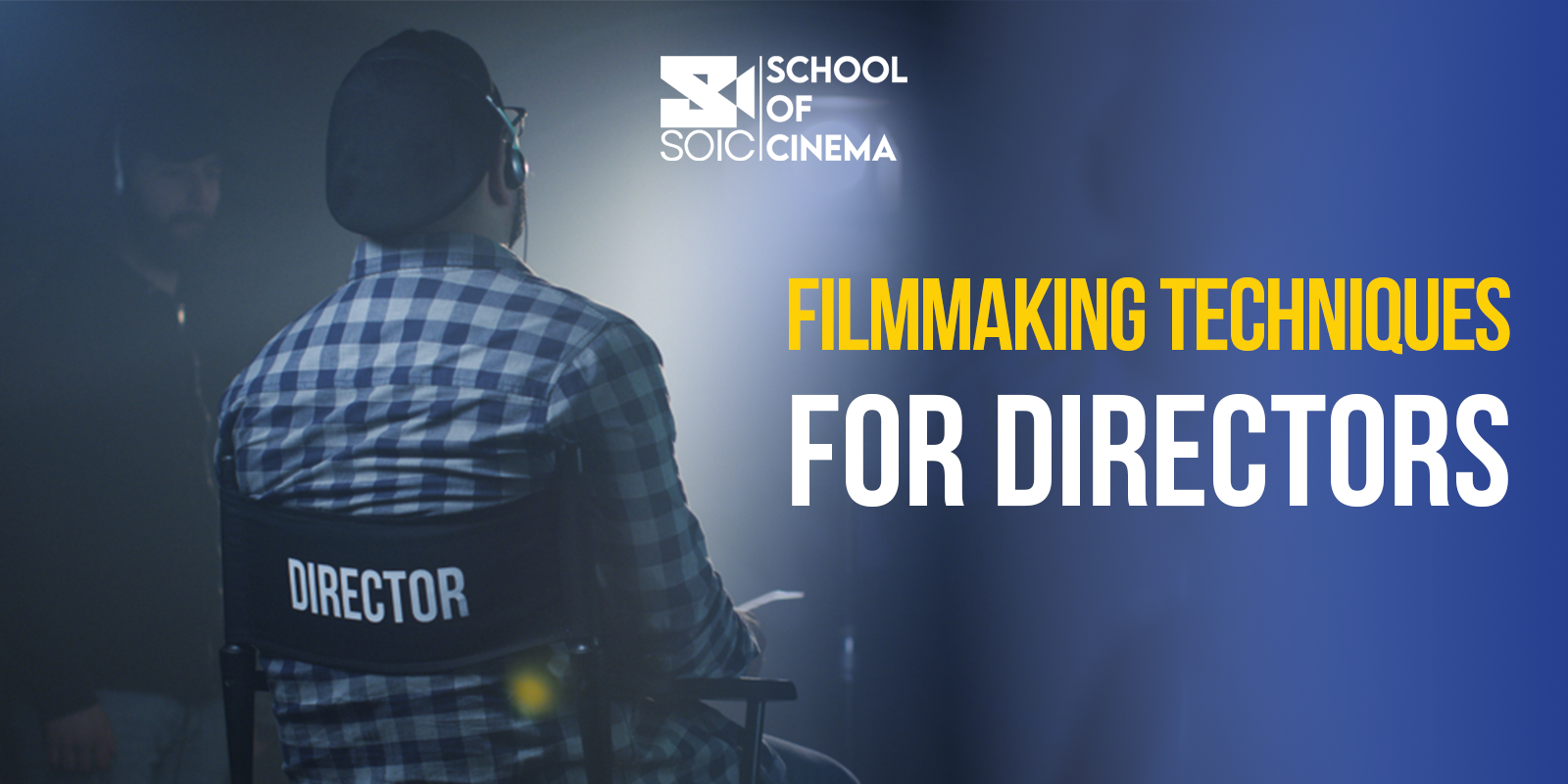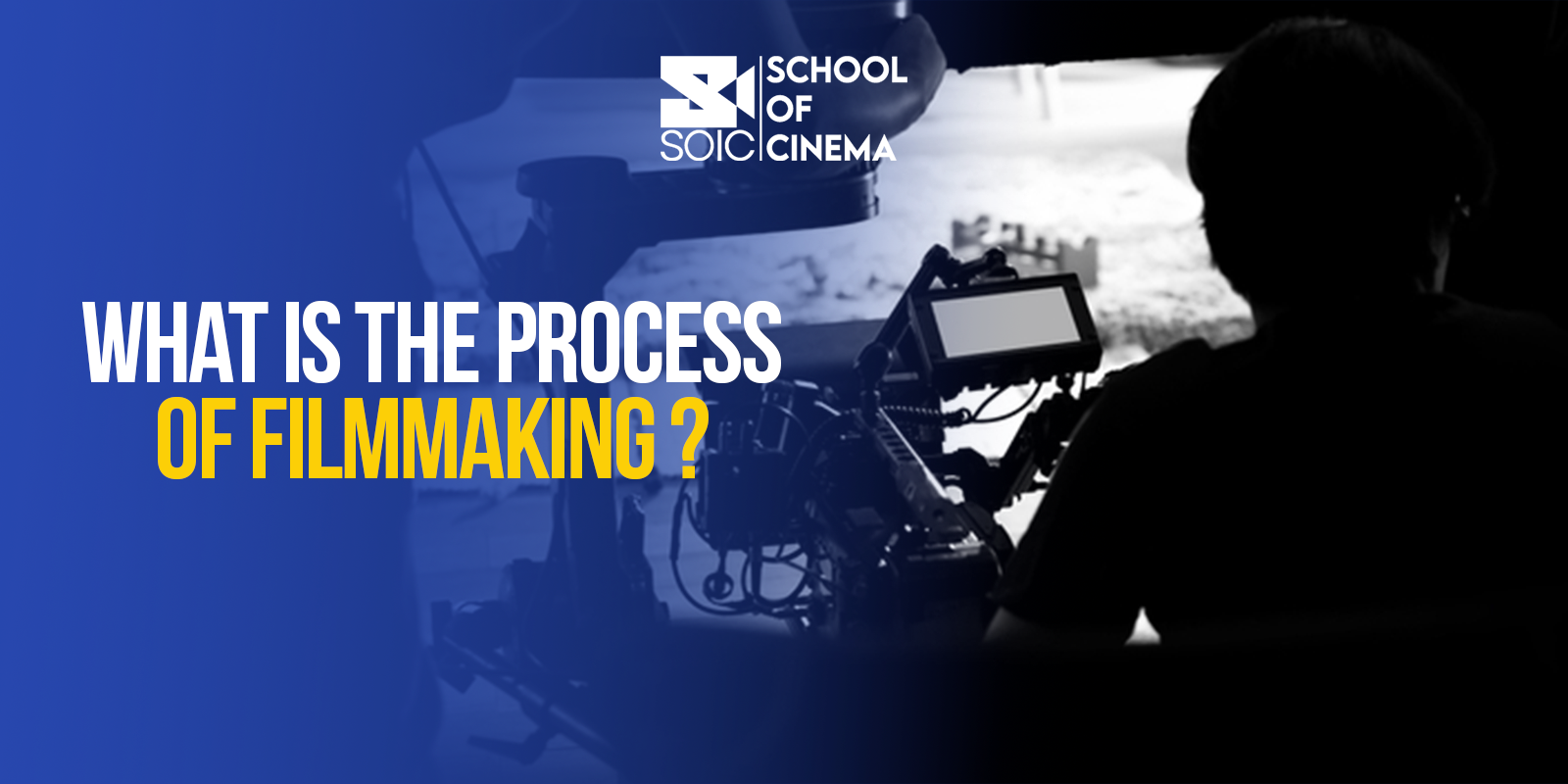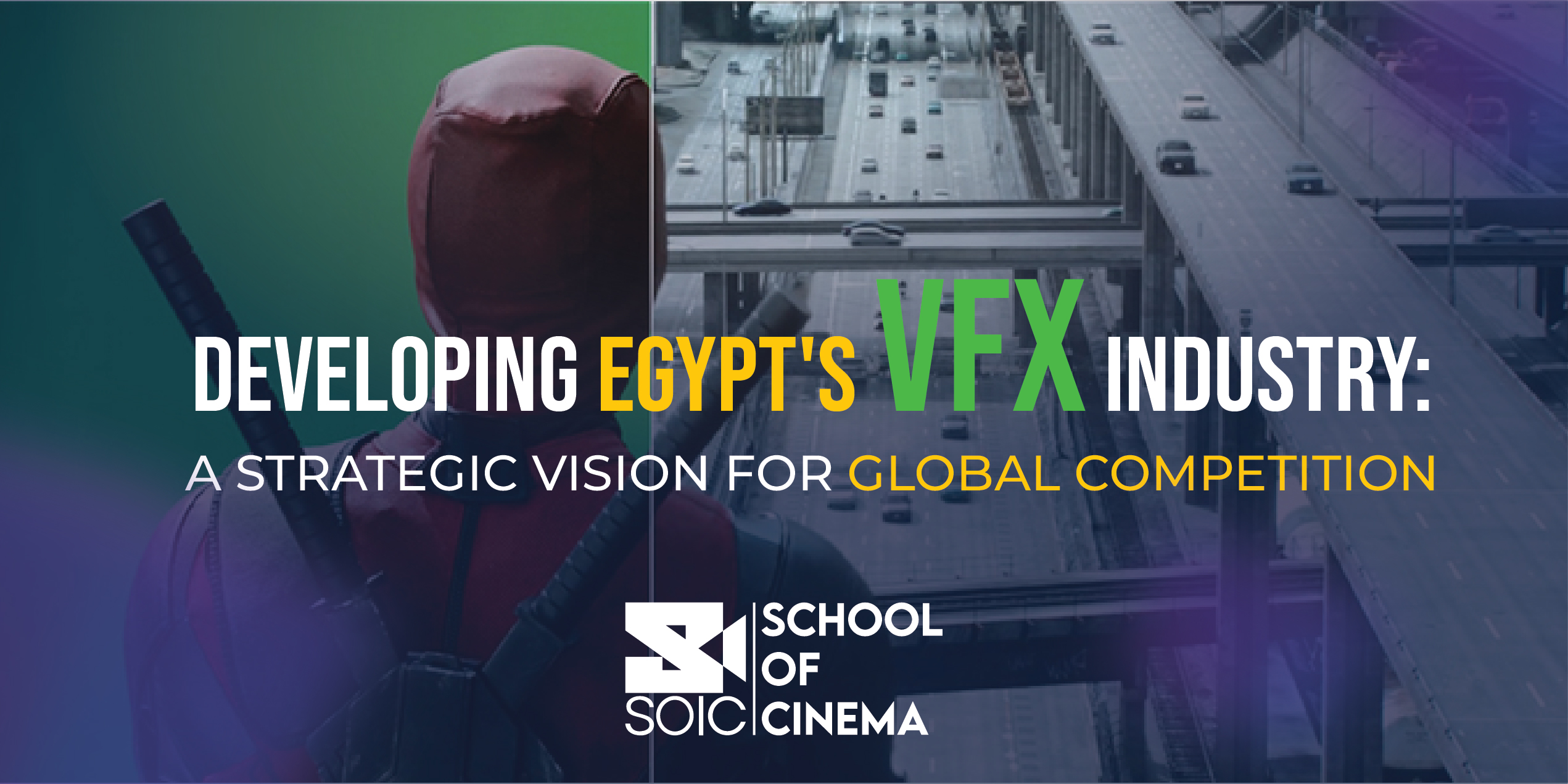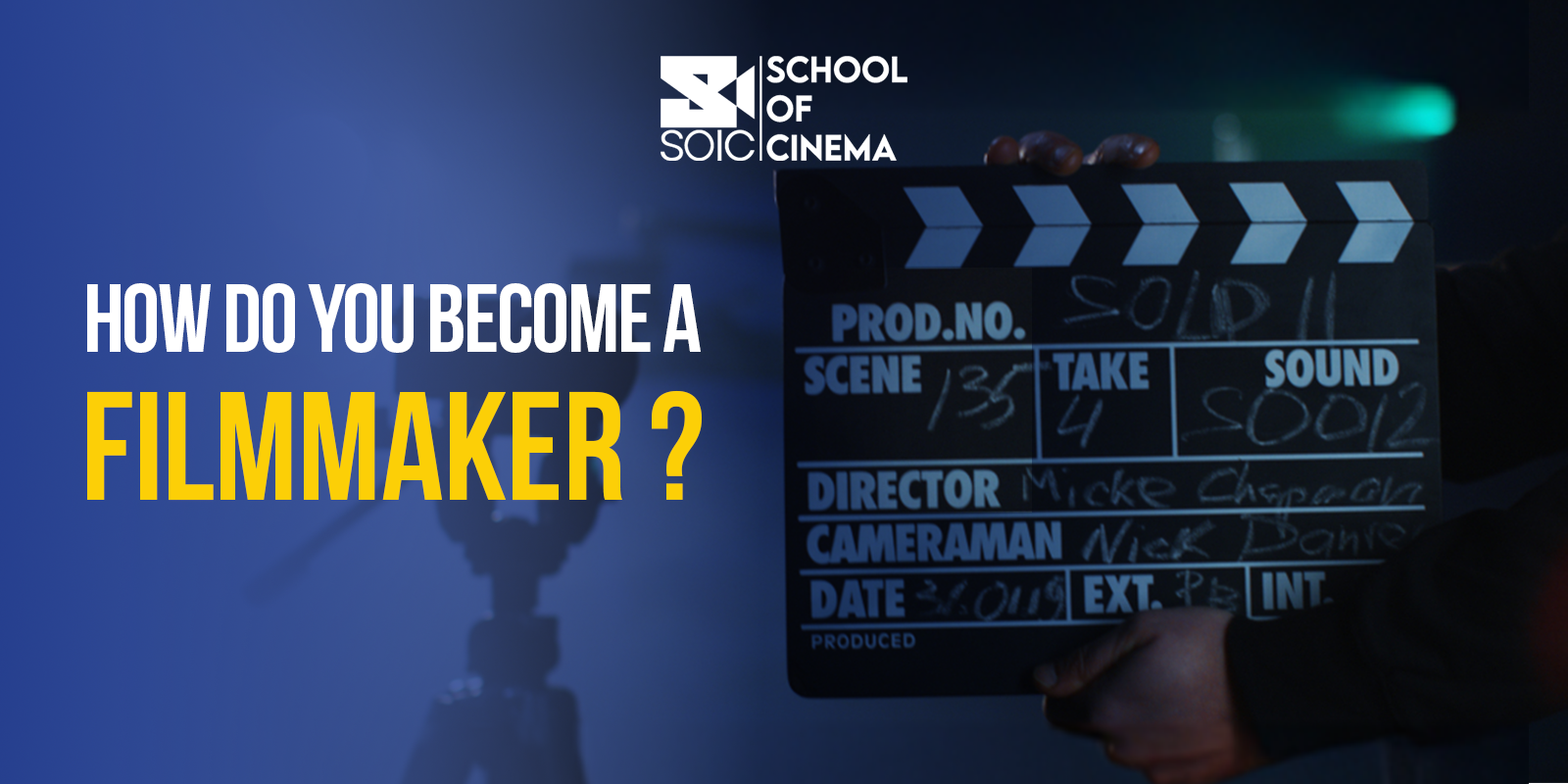
The process of creating a film is a collaborative effort involving numerous professionals, creativity and technical precision . Each project follows a structured journey, divided into five distinct filmmaking stages . These stages ensure the seamless development of a film from concept to completion . Understanding these steps is crucial for filmmakers to effectively plan, execute and deliver their vision .
Development : Sharing the Film's Foundation
The first of the filmmaking stages is development, where the film's concept takes shape . During this phase, filmmakers focus on :
- Idea Generation : Writers and creators brainstorm storylines or adapt existing material .
- Scriptwriting : A screenplay is crafted, revised and finalized to serve as the blueprint for the production .
- Securing Funding : Producers pitch the project to investors, production houses or crowdfunding platforms .
Development sets the groundwork for the project, establishing its direction, ton and feasibility .
Pre-Production : Preparing for Execution
Pre-production is the planning stage, where filmmakers organize all elements needed for shooting . This second phase of the filmmaking stages involves :
- Casting : Selecting actors to bring the characters to life .
- Location Shooting : Finding and securing suitable locations for filming .
- Production Design : Creating sets, costumes and props to align with the story's vision .
- Scheduling : Preparing a detailed timeline for shooting and other tasks .
Effective pre-production ensures that the team is ready to tackle the challenges of filming with minimal disruptions .
Production : Bringing the Vision to Life
Production, the third stage of the filmmaking stages , is where the actual filming takes place. The focus during this phase is on :
- Directing : Guiding actors and the crew to execute scenes as envisioned .
- Cinematography : Capturing footage using cameras, lighting and sound equipment .
- Problem-Solving : Addressing unexpected issues that arise on set .
This stage requires collaboration and precision as filmmakers bring the script to life through visuals and performances .
Post-Production : Refining the Final Product
Post-Production is where the raw footage from the production phase is transformed into a polished film . Key tasks in this phase of the filmmaking stages include :
- Editing : Assembling and refining scenes to ensure smooth transitions and pacing .
- Sound Design : Adding sound effects, dialogue and background music for depth and impact .
- Visual Effects (VFX) : Enhancing scenes with computer generated images (CGI) if needed .
- Color Grading : Adjusting colors to create the desired tone and mood .
Post-production is a meticulous process that defines the film's overall quality and appeal .
Distribution : Sharing the Film with Audiences
The final stage of the filmmaking stage is distribution, where the finished film reaches its audience. This phase involves :
- Marketing : Promoting the film through trailers, posters and social media campaigns .
- Film Festivals : Showcasing the film to critics, industry professionals and potential buyers .
- Theatrical Release : Screening the film in cinemas or distributing it to streaming platforms .
Distribution determines the commercial success and impact of a film, making it an essential step in the process .
The Importance of Understanding the Filmmaking Stages
Each of the five filmmaking stages plays a vital role in the production process . By understanding and mastering these stages, filmmakers can navigate challenges effectively and create high-quality films . Whether you're an aspiring filmmaker or a seasoned professional, adhering to this structure ensures a smoother journey from idea to screen .
The filmmaking stages represent a blend of art and strategy, showcasing the dedication and effort required to bring stories to life . Embrace these steps to enhance your craft and contribute to the world of cinema .
Comments (0)
Categories
Recent posts


What Is the Process of Filmmaking?
24/11/2024
How Do I Start Learning Filmmaking ?
26/11/2024
Developing Egypt's VFX Industry: A ...
3/12/2024



